Encouraging independence in young children is one of the most powerful ways to support their growth and confidence. From the toddler stage, children show a natural desire to do things by themselves. By helping them build practical life skills, parents empower their children to become capable, self-reliant individuals.
Why Encouraging Independence in Young Children Matters
When you begin encouraging independence in young children, you are doing more than teaching them how to complete tasks. You are helping them develop emotional strength, decision-making skills, and a strong sense of self-worth. As Maria Montessori once said, “The essence of independence is to be able to do something for one’s self.” Learning how to care for themselves is not just play, it is essential work that helps them grow.
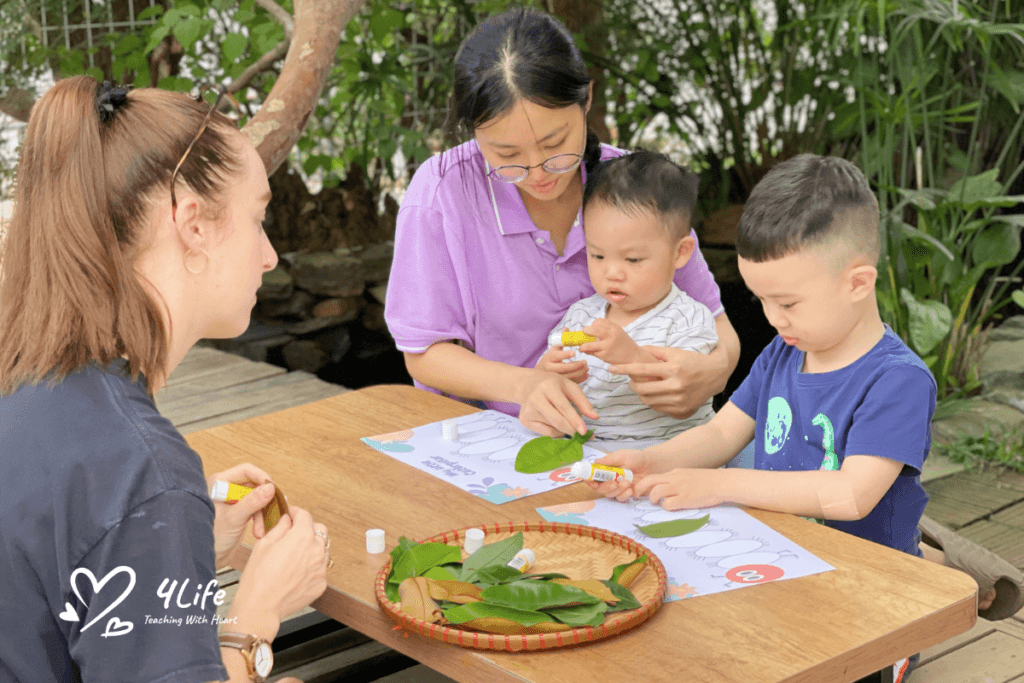
When you begin encouraging independence in young children, you are doing more than teaching them how to complete tasks.
Everyday Tasks That Build Confidence
Children love to feel capable and useful. Simple everyday tasks such as brushing teeth, dressing, pouring water, or preparing a snack all contribute to their development. Encouraging independence in young children can start with these small steps. Toddlers can begin by cleaning up toys or placing clothes in a laundry basket, while preschoolers can help sweep, dust, and assist with food preparation.
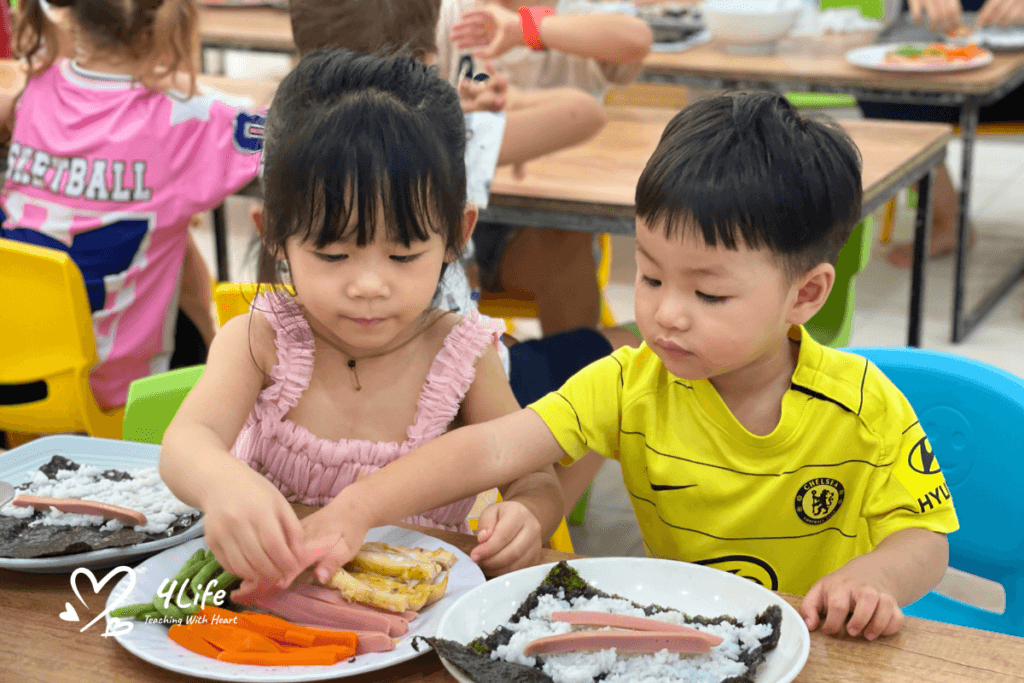
Simple everyday tasks such as brushing teeth, dressing, pouring water, or preparing a snack all contribute to their development.
Helping at Home Teaches Responsibility
Encouraging independence in young children also teaches responsibility. Giving them the chance to help around the house makes them feel valued. Young children can contribute by setting the table, watering plants, feeding pets, or tidying up their spaces. These jobs teach patience, teamwork, and pride in contributing to the family.
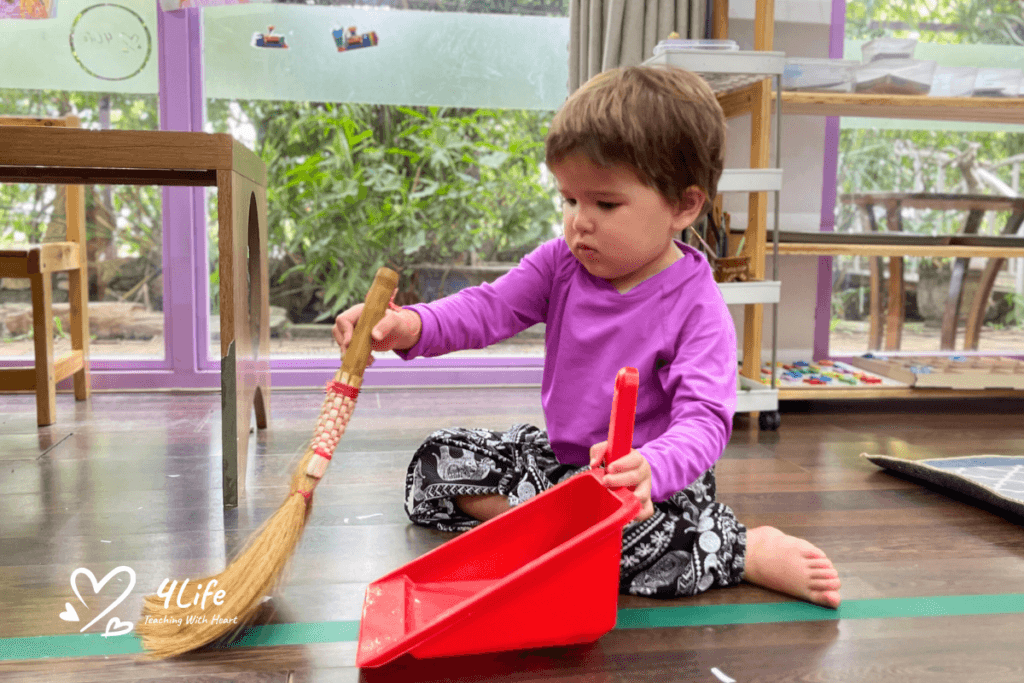
Giving them the chance to help around the house makes them feel valued.
Grace and Courtesy: Teaching Social Independence
Social skills are just as important as physical ones. Teaching children to say please and thank you, greet guests politely, and show empathy helps them become thoughtful and respectful individuals. When you are encouraging independence in young children, do not overlook these small but meaningful lessons in grace and courtesy.
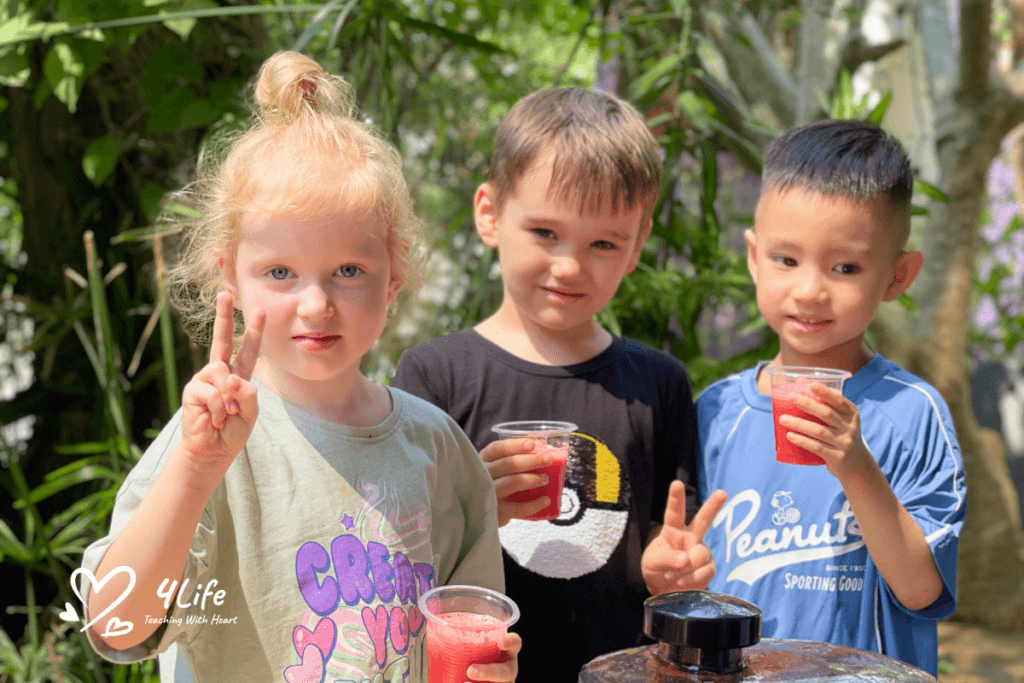
Social skills are just as important as physical ones.
Signs Your Child Is Ready for More Independence
Children often show you when they are ready to be more independent. They may begin to imitate your actions, ask to do things themselves, or explore tasks without being prompted. These are great opportunities to support and encourage their efforts. Be patient, give clear instructions, and allow them the time to practice.

Children often show you when they are ready to be more independent.
The Role of the Parent in Fostering Independence
Parents play a vital role in encouraging independence in young children. Your tone, attitude, and example shape your child’s willingness to try. Show them how to do tasks with care, be consistent in your expectations, and give them the freedom to succeed, and even to make small mistakes. These experiences are how they learn.
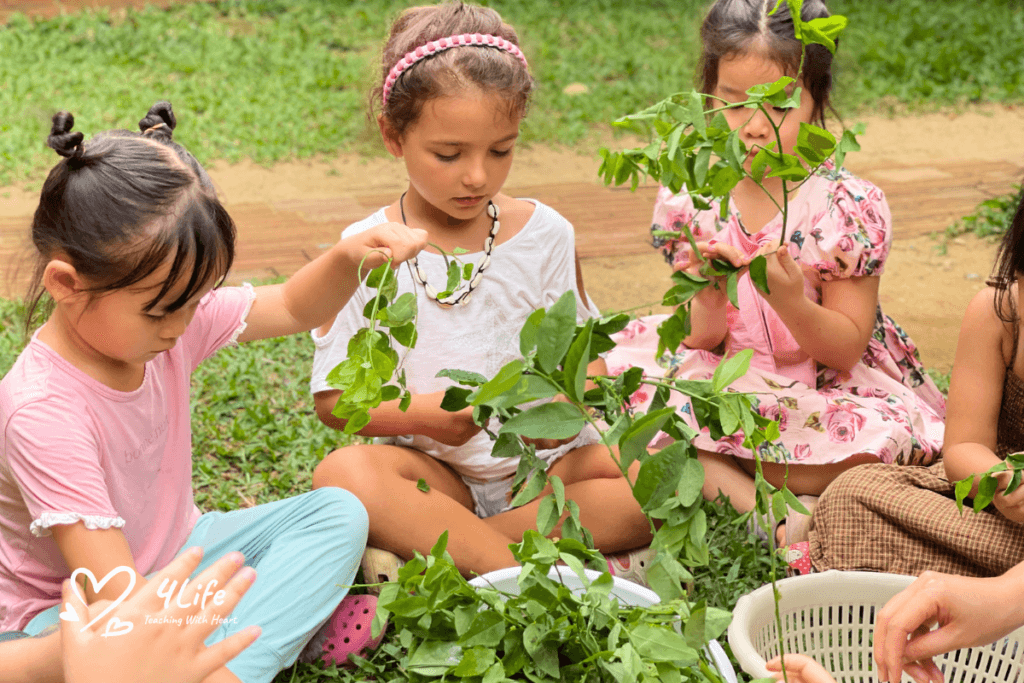
Parents play a vital role in encouraging independence in young children.
Helping Children Grow into Confident, Independent Individuals
When you focus on encouraging independence in young children, you are preparing them not just for today, but for a successful future. Each time they complete a task, solve a problem, or show kindness without help, they build a stronger foundation for lifelong learning, confidence, and self-discipline.
Encouraging independence in young children is not about perfection, it is about progress. With love, patience, and consistent support, you can guide your child to become confident, responsible, and emotionally secure. Start with small steps, celebrate their efforts, and watch as they grow into capable individuals, ready to take on the world.



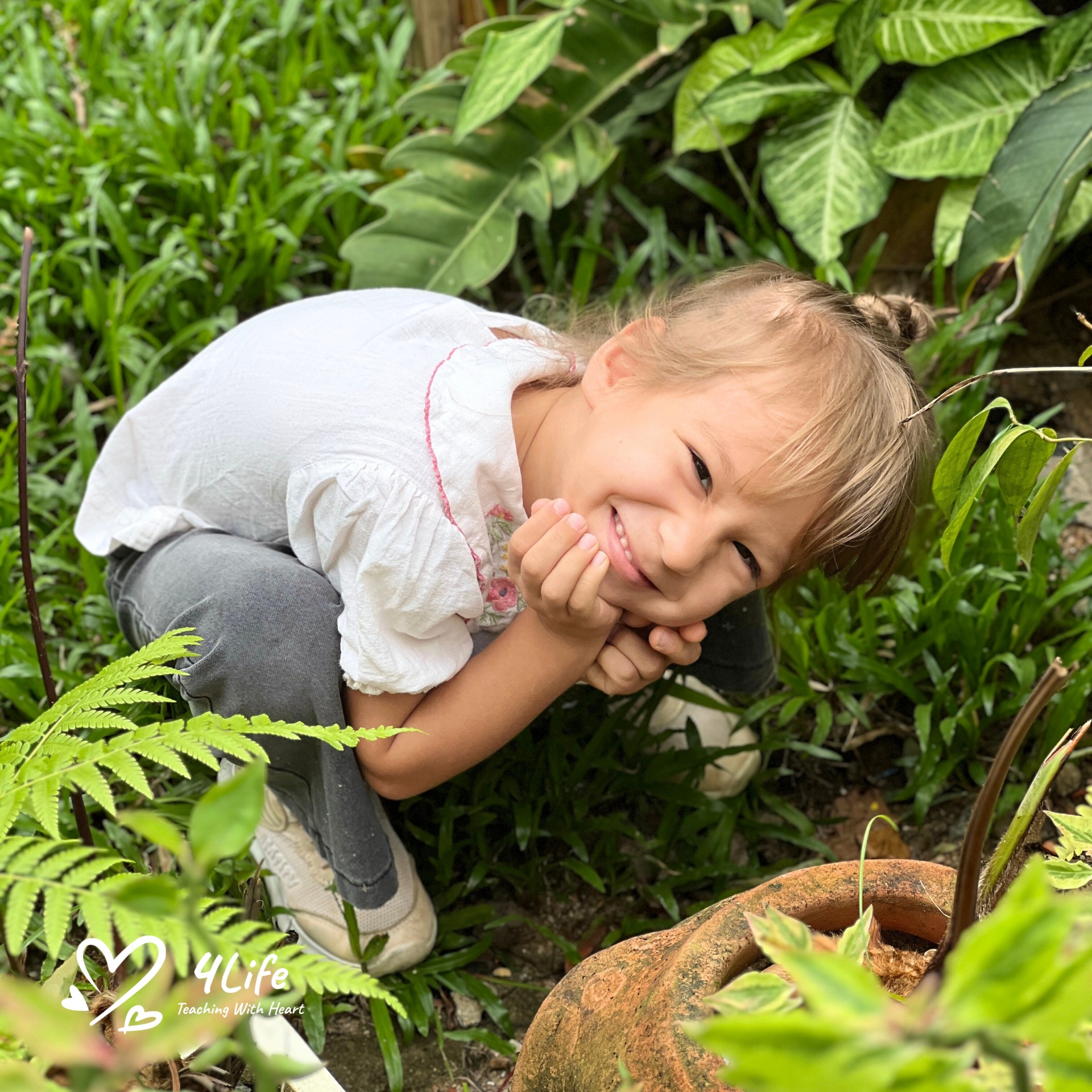
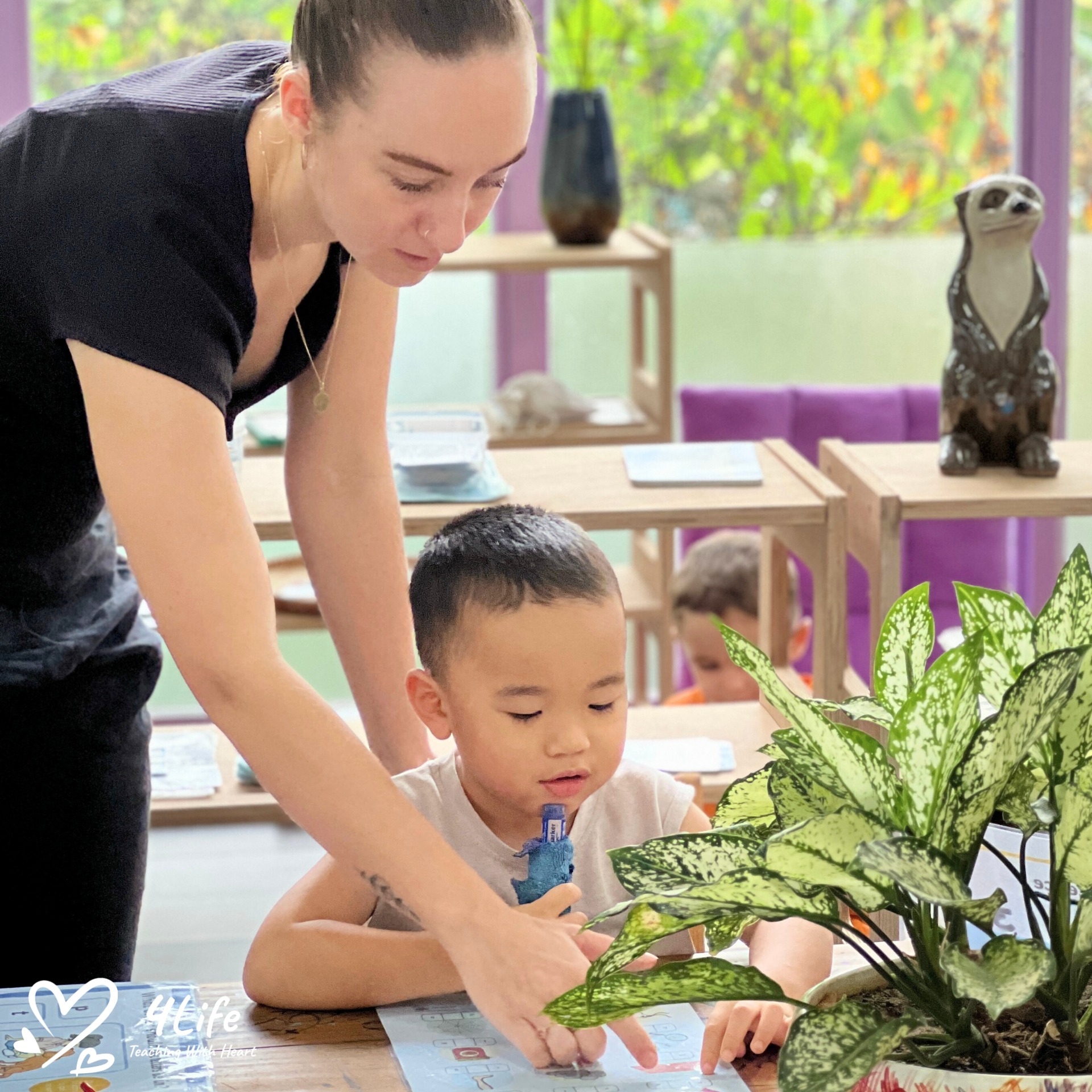
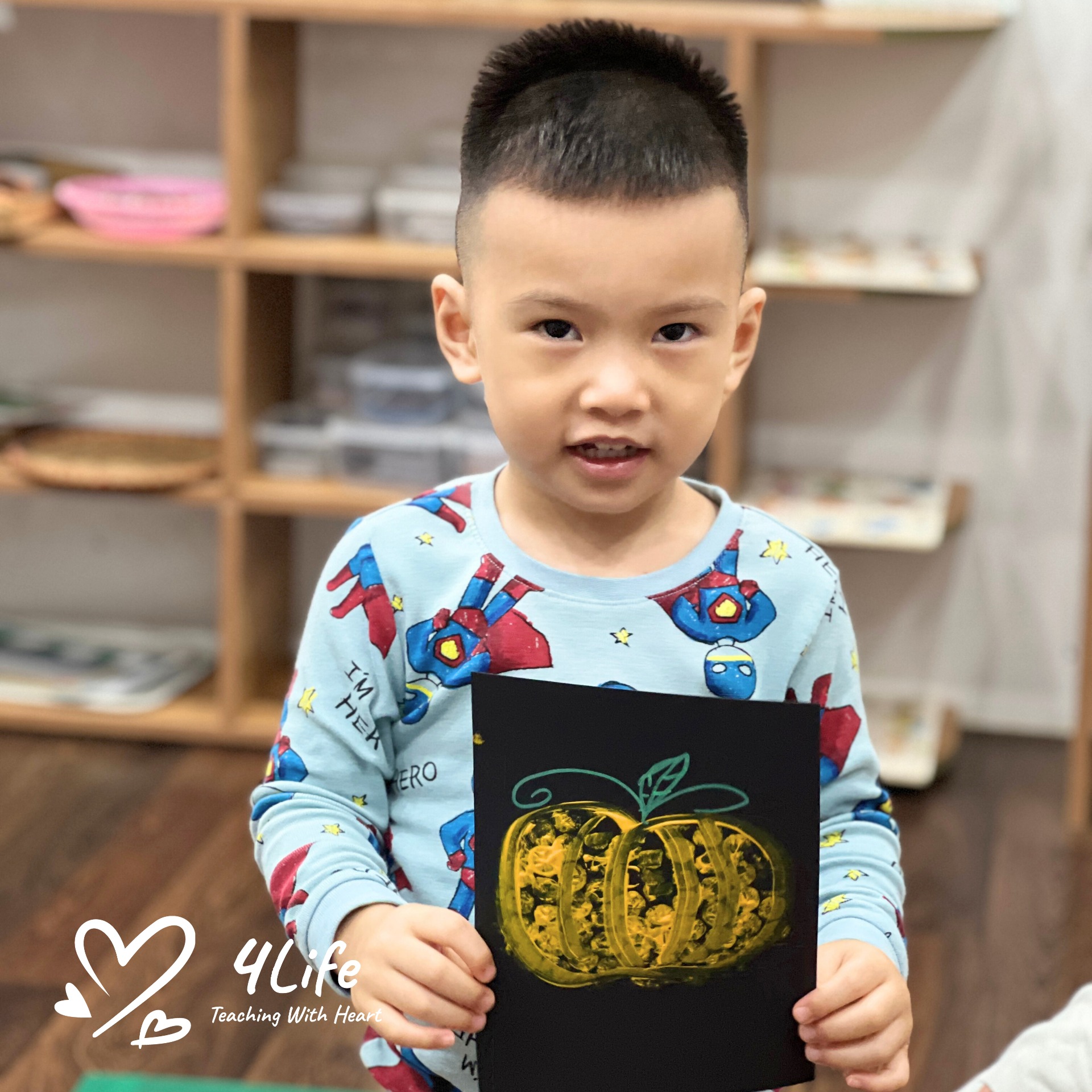

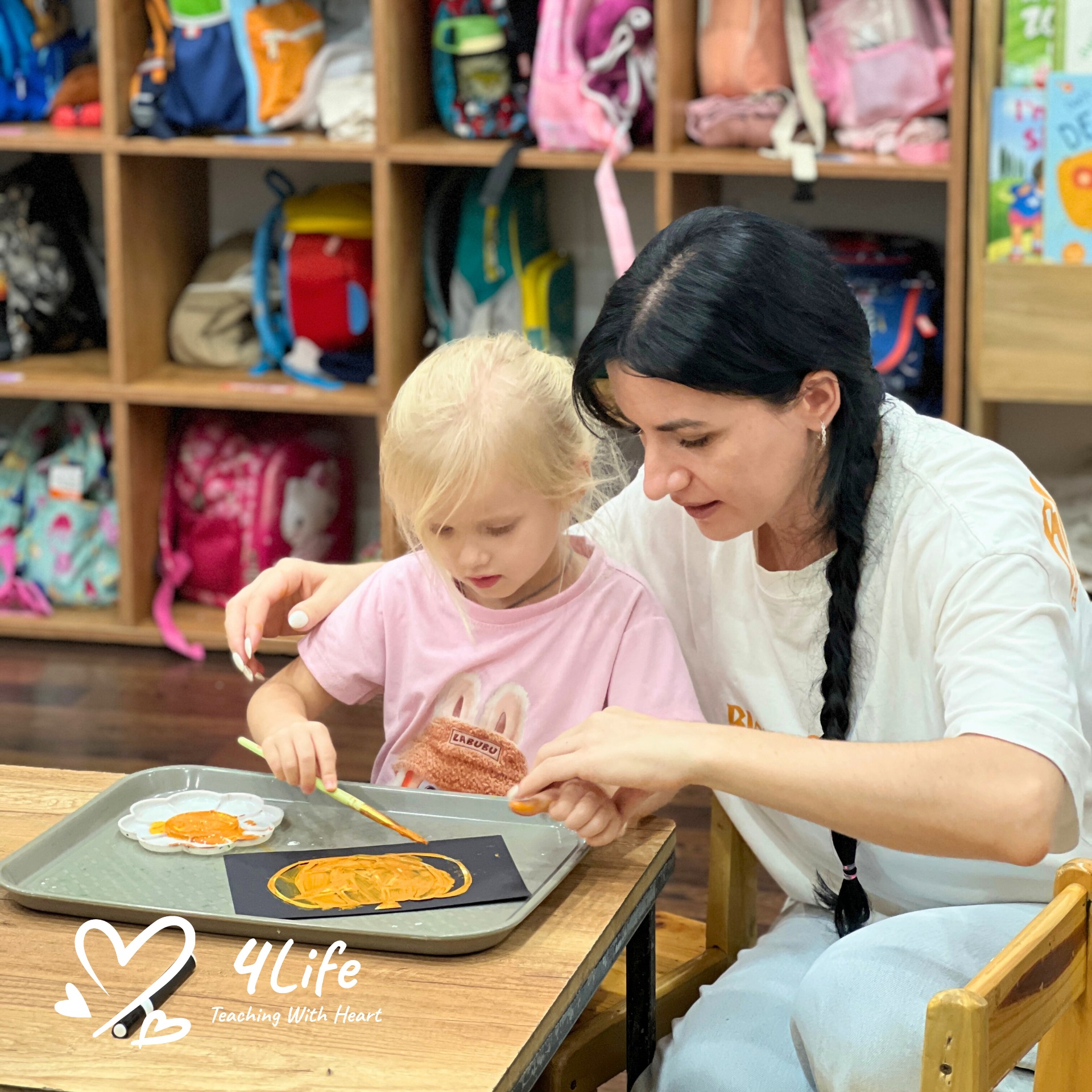
0 Comments